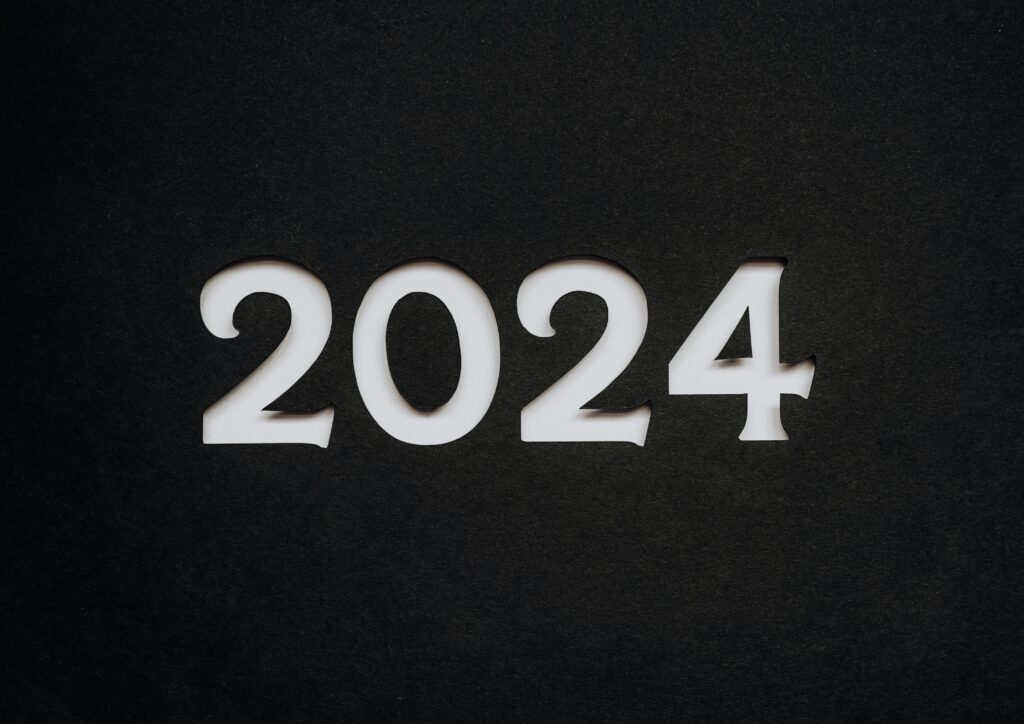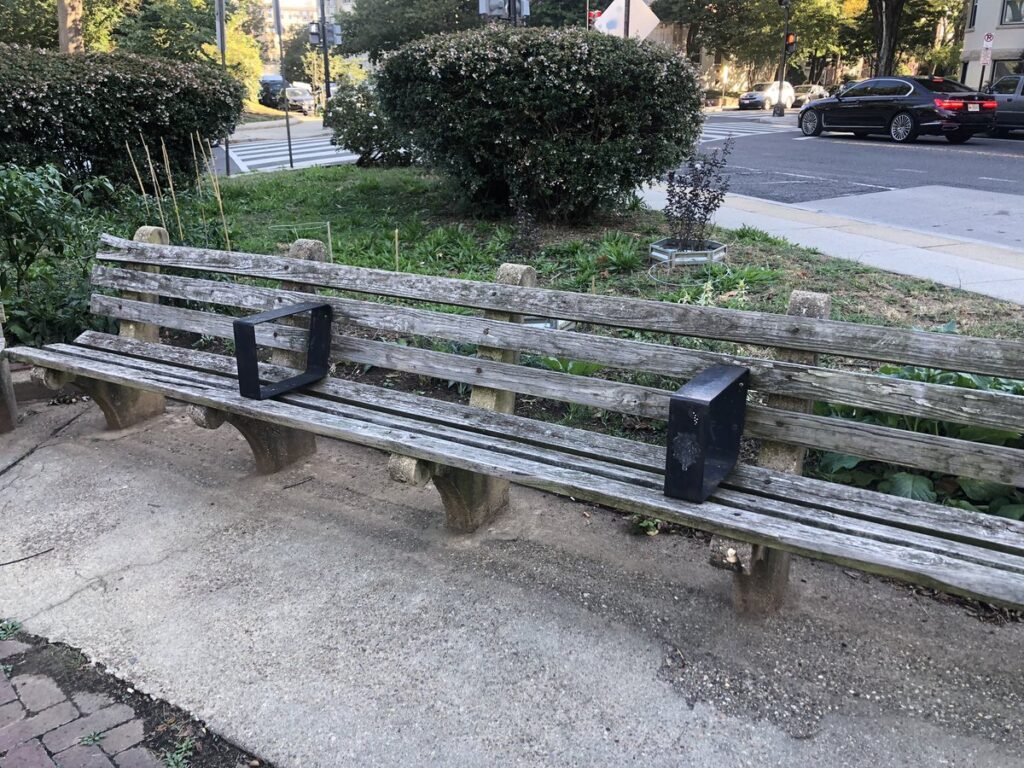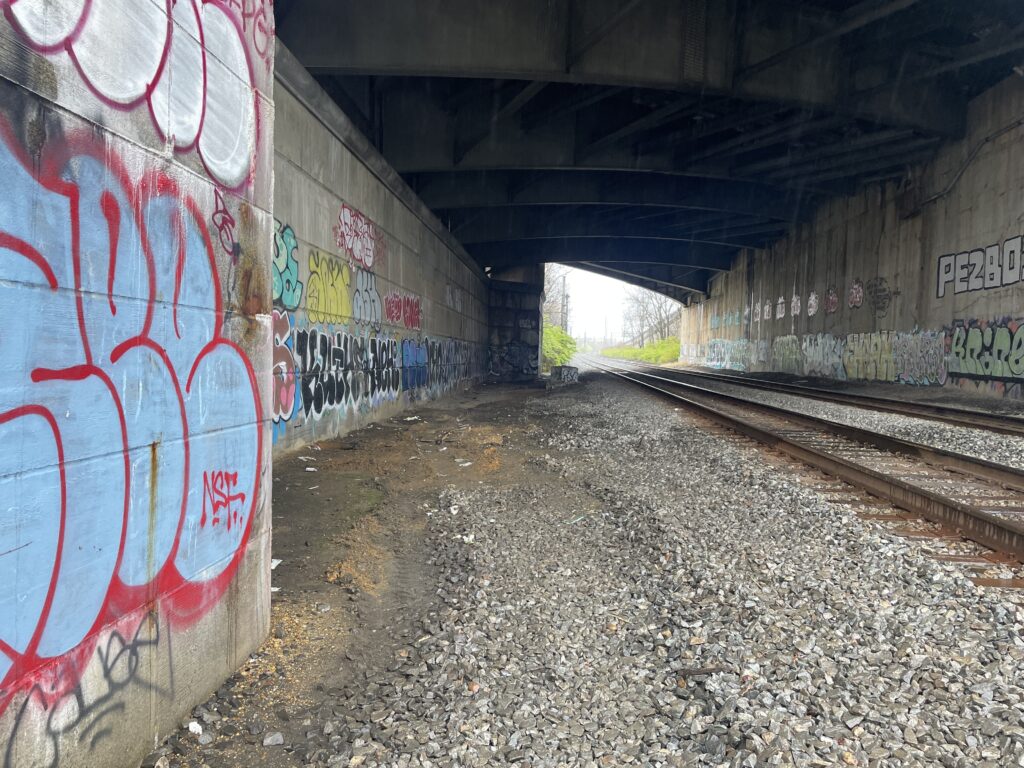Street Sense reached out to a few dozen local and national organizations that shape housing and homelessness policy to hear their predictions about 2024. Here are the responses.
Councilmember Robert White, Housing Committee Chair
In my first year chairing the Housing Committee, we tackled important issues for residents: Securing millions in emergency rental assistance to keep people in their homes; diagnosing delays in the housing voucher process and passing legislation to streamline the system to get more unhoused residents into homes; conducting strong oversight of the D.C. Housing Authority (DCHA) to root out corruption and ensure the agency is meeting its mission for residents; and welcoming a new permanent DCHA director in November. We still have an incredible amount to do, and in 2024 my team and I will continue to work on deep-seated issues in D.C.’s housing system. We’ll continue to work on speeding up the voucher process and look at how to improve ongoing support for voucher holders in their new homes, provide oversight of and support to DCHA as the new director develops a recovery plan to get the agency back on track for residents, tackle ongoing challenges like unaddressed slum conditions in privately owned buildings, ensure programs like D.C.’s Home Purchase Assistance Program support low-income residents, amplify the voice of communities in determining the development of their neighborhoods, reimagine affordable housing in downtown D.C. and more. You can expect us to continue bringing the Housing Committee to the community in 2024 to hear from residents and get raw feedback on our work. A headwind making much of this work more challenging is the mayor’s drastic cutting of the District’s human services and service providers. Nevertheless, we head into the new year with our work cut out for us, and we’re motivated every day by the opportunity to solve problems and make life better for residents.
Daniel del Pielago, Empower DC
As the 2023 year closed out, D.C. landlords evicted close to 1,200 individuals and families, the D.C. Housing Authority’s public housing stock had 1,900-plus vacant units and its occupied units continued to deteriorate. These numbers are just a few indicators that Washington, D.C., its government leaders and the private sector are proactively forcing people from their homes and not using available resources to keep District residents from experiencing homelessness.
As we brace for another round of cuts to safety net services in the 2024 budget, we have to reaffirm that D.C.’s Black, people of color and low-income residents deserve better. We must organize and put power behind demands that will truly give D.C. residents a “fair shot.”
Ami Angell, h3 Project
The h3 Project hopes that 2024 will bring about more awareness and advocacy for those experiencing homelessness. Which, in turn, will generate more action towards viable options in lessening the trauma of being housed, while awaiting placement. 2023 brought far too many deaths to clients loved by h3 staff. Among some that hit me the hardest are Brett “Brittany” Prue (3/6/23), James Theodore “Wolf” Duckett (2/2/23), Jake Moore (3/26/23), Lisa Wiles (10/31/23), Susan Worley (11/5/23), Robert Woodrow “Papa Murphy” Murphy (11/26/23), Charmaine Evans (10/25/23), andPatrick Bernard McGahee (8/2/23). Each of these individuals I — and all of h3 staff — cared deeply about, and their time on this earth was cut far too short. I firmly believe that all of their deaths could have been avoided had we (as a collective society) had a better understanding of what it is like to feel as if the world has turned against you — so much to the point — that you are literally living on the streets, self-medicating while losing hope in yourself and others.
The h3 Project’s hope is that “eliminating homelessness” will become a policy forefront for politicians. That affordable housing is not just a suggestion, but becomes a reality in the District.
The h3 Project’s intent as an organization for 2024 is to continue expanding operations while providing quality services to D.C.’s most vulnerable. We will never sacrifice quality over quantity when it comes to staffing and resources. We firmly believe that EVERY resident in D.C. deserves to feel safe and secure in a home, while in good health and filled with happiness. (The h3 Project stands for “home, health, happiness.”)
Theresa Silla, DC Interagency Council on Homelessness
As we look forward into 2024, we must be realistic and forthright about where we stand because this is a challenging time. We are seeing more residents in our shelters, and we no longer have access to the recovery dollars we had during the COVID-19 pandemic. So, we expect we will have to do more with less.
Amidst trying times, we believe we are up to the task because we have a strong track record of rising to the challenge. We have proven that the city can successfully innovate creative solutions through strong public-private partnerships. The robust partnerships between city government agencies and our community-based organizations has reduced family homelessness by more than 70% in the last seven years. So, while we don’t have all the answers right now, we are focused on figuring it out in community by creating a strategic planning process that is inclusive and accessible, that centers the voices of our clients and the front-line staff.
Join us and be a part of the movement for ending homelessness in the District. We are finalizing our schedule of meetings for 2024 and will be posting it to ich.dc.gov/events.
Donald Whitehead, National Coalition for the Homeless
I have a great deal of optimism about the upcoming year. Although I do predict we will see an increase in the numbers of those experiencing homelessness again, I believe the multiple efforts around messaging will take hold as the population demographics include more seniors, veterans and people experiencing homelessness. The issue of homelessness will have a more significant role in our political discourse. While still fragmented and siloed, the national homeless advocacy movement has been more unified than I have seen in many years.
Issues such as criminalization, housing justice and poverty are part of advocacy messages at a far greater level.
The idea of state-level advocacy is much more popular and will impact place-based decisions like inclusionary zoning and criminalization. I am hopeful that Congress will be able to create legislation at a much higher rate. More than 70 bills that would have a dramatic impact on the homeless sit on the desks of policymakers while more and more people die on our streets.
What gives me the greatest hope is a well-planned and organized grassroots effort called Bring America Home Now, which has the resources needed to return to the direct action strategies that have been the only way that real progress has impacted the issue of homelessness.
Finally, after years, those in leadership at federal agencies, the advocacy community involved in homelessness and those in power have recognized the value of incorporating people with lived experience in their work.
No one understands the realities of homelessness better than someone who has experienced it. The insights of people with lived experience are invaluable in identifying the practical needs and gaps in existing services. Their unique perspective can help shape policies that are more realistic, effective and suitable for the needs of others experiencing homelessness. Involving them in homelessness advocacy can help break the stereotypes and misconceptions about homelessness. They can provide a firsthand account of their struggles due to our fractured safety net.
Rachelle Ellison, People for Fairness Coalition (PFFC)
I predict that the voices of advocates of D.C. are being heard and the D.C Council will hold the mayor accountable when it comes to human services programs and that the vouchers will be used in 2024 because advocates in D.C. made a lot of noise in 2023 during budget season.
I believe we still have a lot of work to do but we will make a difference in collaboration with our coalition partners this year in helping the unhoused get housing.
Rachelle Ellison, Qaadir El-Amin and Reginald Black of PFFC have been tapped to be at the Coordinated Assessment and Housing Placement table and do Homeless Management Information Systen street outreach. I believe the more individuals with lived experience they hire or choose for the Department of Human Services peer academy we will see movement in the right direction.
PFFC members have been appointed to the Poverty Commission and the Medical Care Advisory Commission.
PFFC as a whole will continue to move towards our mission of helping those unhoused through advocacy, peer mentoring, and outreach.
Remora House
While we hope to see increased time and money being spent on providing housing and needed services to unhoused people, we are not optimistic about the state of homelessness in Washington, D.C. in 2024. A recent Department of Housing and Urban Development report notes homelessness in the United States grew 12% from 2022 to 2023. Alongside this increase in homelessness, the criminalization of homelessness has rapidly increased, and New York and California have gone as far as attempting to legalize forced institutionalization as a means of getting unhoused people off the streets. In D.C., criminalization is urged by the “tough on crime” Democrats who wish to see increased funding for police and encampment evictions, undermining the long efforts of Housing First advocates who understand housing as the primary solution to homelessness.
Following the onset of the COVID-19 pandemic, homeless encampments in Washington, D.C., like much of the nation, grew rapidly. In 2021 unhoused people in the city experienced a massive spree of criminalization that uprooted them from their support communities and pushed them into smaller encampments spread across the city. This made it harder for housing service providers and mutual aid groups to find and support the city’s most marginalized residents. This not only made daily life harder for unhoused people, it also drastically slowed down the housing process. Between 2022 and 2023, homelessness in D.C. increased by 11.6%. While the CARE pilot program coupled a weak Housing First initiative with the eviction of D.C.’s largest encampments, it did nothing to overcome the underlying forces of homelessness, high housing cost, low wages and unequal access to medical treatment. Police, fences and concrete barriers do nothing to get people into housing. While 2024 could witness renewed funding for housing and services, we fear the wave of criminalization will overtake the city’s response to homelessness.
Brit Ruffin, Washington Legal Clinic for the Homeless
Homelessness in D.C. increased nearly 12% from 2022 to 2023. Unfortunately, homelessness and housing insecurity will continue to increase without a strong and consistent investment by D.C. government in housing resources and a commitment to addressing the lack of affordability. The most recent budget investment was disappointing and will impact what homelessness looks like in 2024. D.C. has the financial resources to make a substantial difference in the lives of its residents — however, as this next budget season starts, it remains to be seen whether those resources will actually be used to prioritize residents’ most basic needs. Housing saves lives. In 2024, we’re hopeful that the mayoral administration and D.C. Council will be motivated to find the will and the funding to make a real commitment towards ending homelessness in D.C.








